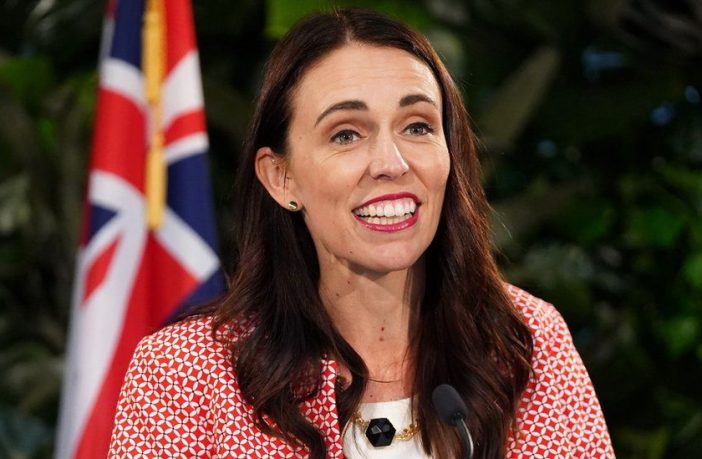- Commerce and Consumer Affairs Minister David Clark says New Zealand has become the first country in the world to introduce a law that requires the financial sector to disclose the impacts of climate change on their business and explain how they will manage climate-related risks and opportunities.
- The Financial Sector (Climate-related Disclosure and Other Matters) Amendment Bill has been introduced to Parliament and will receive its first reading this week.
- All banks with total assets of more than NZ$1 billion ($703 million), insurers with more than NZ$1 billion in total assets under management, and all equity and debt issuers listed on the country’s stock exchange will have to make disclosures.
“It is important that every part of New Zealand’s economy is helping us cut emissions and transition to a low carbon future This legislation ensures that financial organisations disclose and ultimately take action against climate-related risks and opportunities,
“Becoming the first country in the world to introduce a law like this means we have an opportunity to show real leadership and pave the way for other countries to make climate-related disclosures mandatory,” said David Clark.
Climate Change Minister James Shaw said the law was another step towards a climate-friendly, prosperous future for New Zealand.
“Climate change will have a profound impact on businesses all over Aotearoa New Zealand. There are activities and assets that these businesses are involved in that will not hold their value in a low carbon world, simply because they emit too much climate pollution and contribute to the climate crisis.
“Similarly, there are technologies and activities that will cut emissions and become hugely valuable to the low carbon economy of the future.
“Requiring the financial sector to disclose the impacts of climate change will help businesses identify the high-emitting activities that pose a risk to their future prosperity, as well as the opportunities presented by action on climate change and new low carbon technologies, James Shaw said.
The Bill will make climate-related disclosures mandatory for around 200 organisations, including most listed issuers, large registered banks, licensed insurers and managers of investment schemes.
Once passed, disclosures will be required for financial years commencing in 2022, meaning that the first disclosures will be made in 2023.
“One way of reading the Climate Change Commission’s draft advice is as a warning that high-carbon investments will be increasingly risky as we get closer to meeting the Government’s climate targets,” James Shaw said.
“We simply cannot get to net-zero carbon emissions by 2050 unless the financial sector knows what impact their investments are having on the climate. This law will bring climate risks and resilience into the heart of financial and business decision making.”
Reporting will be based on the Task Force on Climate-related Financial Disclosures (TCFD) framework, which is widely acknowledged as international best practice.
“Many businesses face significant physical and transitional risks relating to climate change, and while some businesses have started publishing reports about how climate change may affect their business, strategies and financial position, there is still a long way to go,” said David Clark.
Author: Bryan Groenendaal















